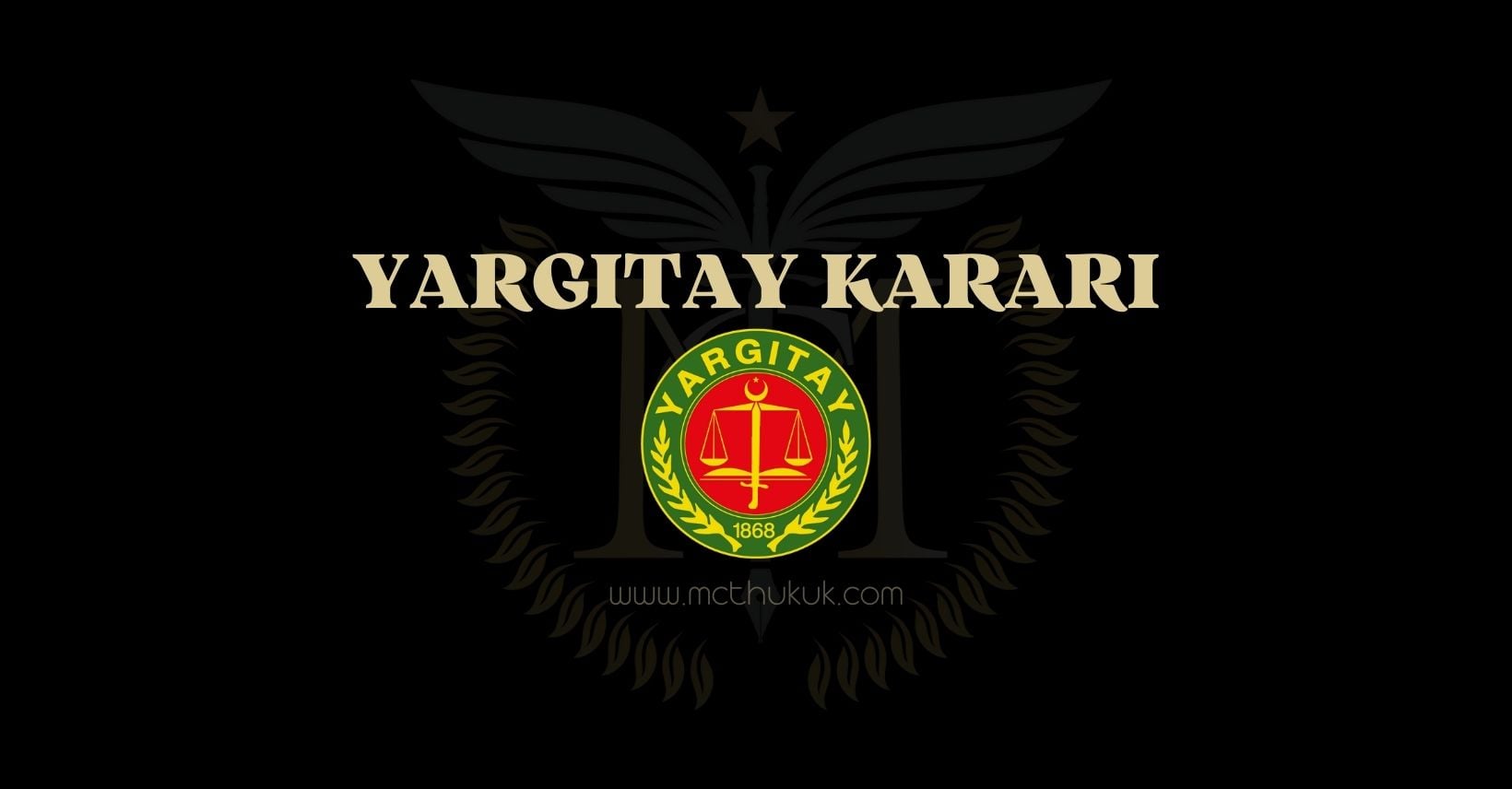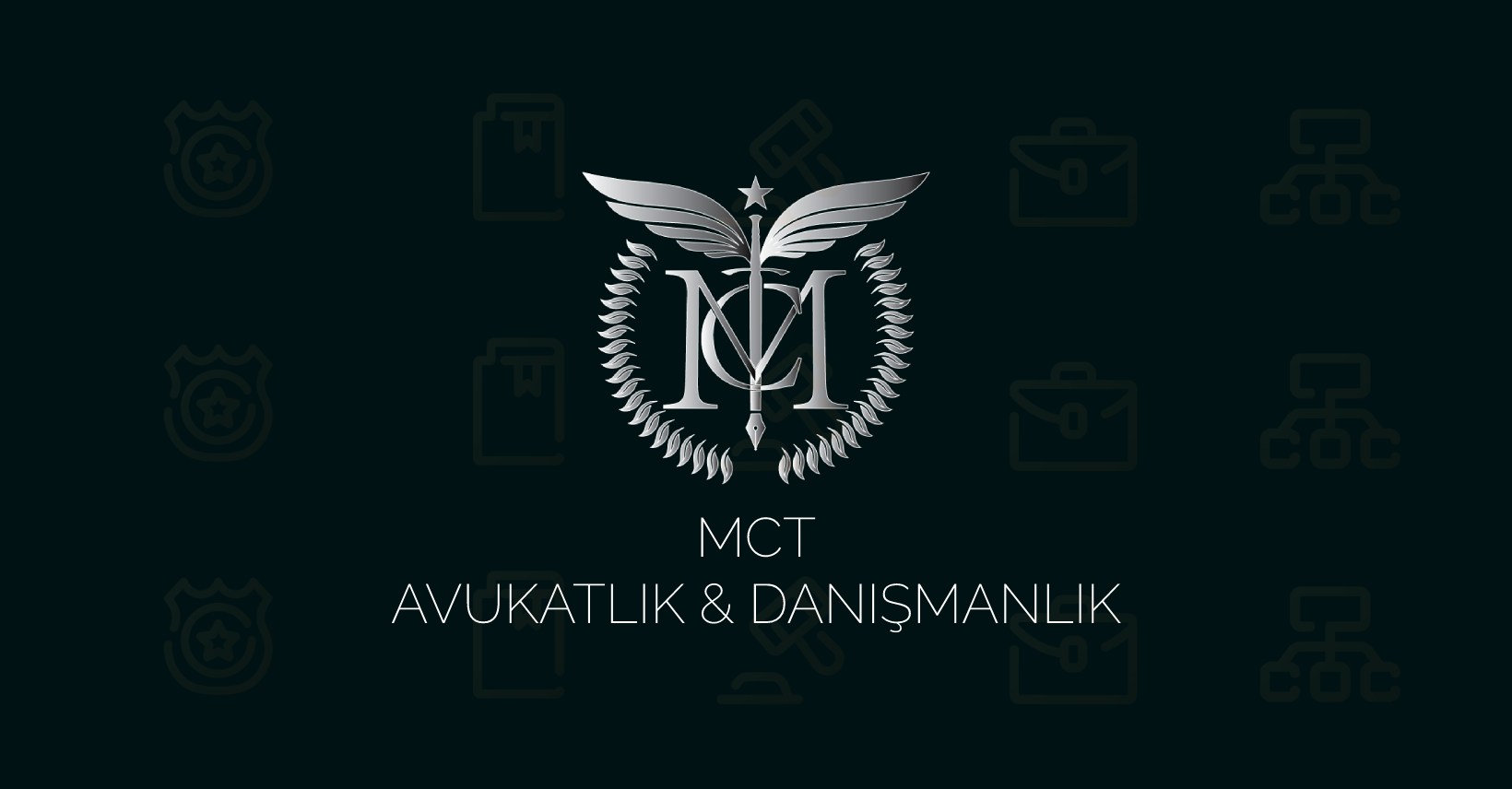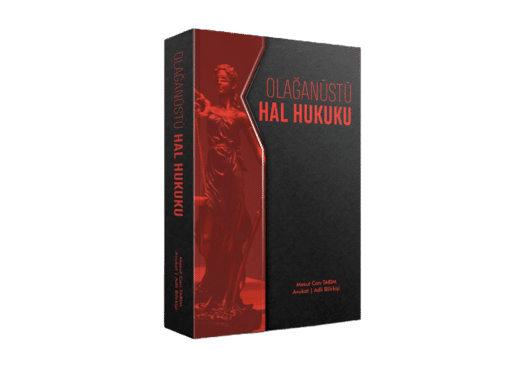What is the European Court of Human Rights?
European Court of Human Rights (“ECtHR” or the “Court”), is an international court which makes judicial review based on the European Convention on Human Rights (“ECHR” or the “Convention”), officially known as the Convention for the Protection of Human Rights and Fundamental Freedoms, and the additional protocols to the Convention. It is sometimes referred to as the “Strasbourg Court” as it is located in the French city of Strasbourg. The Court was founded by the Council of Europe on 21/01/1959 and, since 01/11/1998 -the date on which Additional Protocol No 11 entered into force-, it has become a judicial body which allows individuals to apply on the ground that the Convention was violated. Republic of Turkey has been a party to the Convention since 18/03/1954 and to Additional Protocol No 11 since 01/11/1998, thus has recognised the jurisdiction of the ECtHR. This means that decisions delivered by the ECtHR are binding according to Art. 138/4 of the Constitution of the Republic of Turkey. The finality and binding force of the decisions are repeated in Art. 46 of the Convention. The execution of decisions of the ECtHR are supervised by another organ of the Council of Europe, which is the Committee of Ministers. Main regulations regarding the procedure and process of applications before the ECtHR 1 can be found in the Convention and the Rules of Court.
Who Can Apply to the European Court of Human Rights?
Art. 34 of the Convention answers this question as “any person, nongovernmental organisation or group of individuals claiming to be the victim of a violation by one of the High Contracting Parties of the rights set forth in the Convention or the Protocols thereto” and makes no distinction based on the applicant’s nationality. One can apply to the ECtHR by alleging that authorities of a member state to the Council of Europe -one of which is Turkey- violated the Convention or its additional protocols through use of public force. Although the Convention is adopted by all member states, for allegations based on additional protocols to the Convention, it should be checked whether the state in violation is a party to the relevant additional protocol or not. Rights and freedoms stipulated in the ECHR are simply right to life, prohibition of torture, prohibition of slavery and forced labour, right to liberty and security, right to a fair trial, principle of no punishment without law, right to respect for private and family life, freedom of thought and conscience and religion, freedom of expression, freedom of assembly and association, right to marry, right to an effective remedy, and prohibition of discrimination. Among additional protocols adopted by the Republic of Turkey; Additional Protocol No 1 includes right to property, right to education, right to free elections; Additional Protocol No 7 includes procedural safeguards relating to expulsion of aliens, right of appeal in criminal matters, right to compensation for wrongful conviction, right not to be tried or punished twice, and principle of equality between spouses; Additional Protocol No 13 includes abolition of death penalty together with prohibition of derogations thereto. The scope of rights and freedoms stipulated in the Convention and its additional protocols is determined by the ECtHR. Therefore, some principles which are not expressly stated in the texts can be included within the scope of already existing norms through case law.
How to Apply to the European Court of Human Rights?
Applications before the ECtHR are made by filling in the fixed and actual application form on the Court’s official website and mailing it to the Court. The Turkish version of the application form is available (see https://www.echr.coe.int/Pages/home.aspx?p=applicants/forms/tur&c=). While mailing the application form to the Court, the address of the receiver should be written as follows:
The Registrar
European Court of Human Rights
Council of Europe
67075 Strasbourg cedex
FRANCE
There is not any application fee or any sort of payment required beside the cost of mailing 2 The official languages of the Court are English and French, however applications made in Turkish are also accepted. During the procedure before the Registrar, correspondence with the Court may be conducted in Turkish. On the other hand, following the communication of the application to the Turkish government (or the relevant government accused of violating the Convention), all correspondence and processes should be carried out in English or French, unless the Court decides otherwise.
The application form should be filled in completely. The actual form leaves three pages for the statement of facts and two pages for the statement of alleged violations. Different from individual applications to the Constitutional Court of Turkey, it is not possible to add more pages to the application form of the ECtHR, or to continue the statement of facts and alleged violations in another document different from the application form. Therefore, detailed statements related to the events which led to alleged violations should be fit in the section named “Statement of the facts” and all the legal explanations related to the violations of rights and freedoms should be fit in the section named “Statement of alleged violation(s) of the Convention and/or Protocols and relevant arguments” in a clear, understandable and brief manner. An allegation which is not mentioned in the application form itself cannot be explained in the annex of the form. The application form, on its own, should be enough to render the facts of the case and all rights and freedoms which are allegedly violated. It is, however, possible to append supplementary information for purposes such as providing details about the facts and allegations mentioned in the application form without adding new ones, or providing technical explanations regarding certain notions. This supplementary information appended to the application form should not exceed twenty pages. All documents related to the case at hand and the exhaustion of domestic remedies should be added in the annex of the application form. Considering that the Court will not return any documents thereafter, the applicant had better submit copies of the relevant documents rather than the original ones. The application form and other documents in the annex should be placed in order with each page numbered; and they should not be attached by a stapler, paperclip, needle, tape or glue in any way.
What are the time-limit and conditions of applying to the European Court of Human Rights?
As a rule, it is mandatory to have exhausted all legal remedies in the local law (such as an appeal to an upper court or an objection to a decision, as long as it is possible and efficient) and to have made an individual application to the Constitutional Court before applying to the ECtHR. Several provisions of the Convention have been changed by Additional Protocol No 15, to which Turkey is also a party. One of the changed articles, Art. 35/1 of the Convention states that an application should be filed “within a period of four months from the date on which the final decision was taken”3 . This time-limit of four months starts with the notification of the final decision to the applicant or, if they are represented by an attorney, to their attorney. This rule applies even when the last day of the time-limit coincides with weekend or a public holiday. The date on which the duly prepared application form is handed over to the post office to be delivered to the Court is considered as the application date. An application to the ECtHR which is not filed within the time-limit or without exhausting all effective domestic remedies is to be found inadmissible 4 . In addition, anonymous applications 5 , applications whose subject matters are already examined by the ECtHR or another international body, or applications abusing the right of individual application are also found inadmissible.
How Does the European Court of Human Rights Examine the Applications?
There are some other procedural admissibility criteria for applications to the ECtHR, different from those mentioned above. The first of them is that the ECtHR should have jurisdiction ratione temporis, ratione personae, ratione loci and ratione materiae. Jurisdiction ratione temporis means that violations which have occurred before the entry into force of the Convention or the relevant additional protocol cannot be examined by the Court. However, if the effects of such a violation continue after the entry into force, it may be subjected to examination by the Court. Jurisdiction ratione personae expresses the capacity to apply to the ECtHR. Persons who have deceased or legal entities which have lost their legal personality are devoid of such a capacity. It is, however, possible for groups of individuals -which consist of those deprived of their rights and freedoms due to the same incident despite not constituting a legal entity- to apply to the ECtHR 6. State organs using public force and administrative authorities, in other words, public legal entities cannot apply to the ECtHR. Other examples or inadmissibility ratione personae include applications against an individual or a non-member state, or applications made by individuals who have not personally suffered from the alleged violation. Jurisdiction ratione loci, as a rule, requires a state to be held responsible for violations which occur on its own territory. However, it is possible to come across exceptional cases where a state is held responsible for violations committed by its agents operating in the territory of another state. Also, violations occuring on a territory which is considered as the territory of another state in the eyes of the international community, but is under the effective control of the state in question (due to war, occupation, annexation etc. independently of its compliance with international law) can be examined by the ECtHR. Jurisdiction ratione materiae requires only the rights and freedoms that are guaranteed by the Convention and its additional protocols to be the subject matter of an application. Yet it should be noted that the ECtHR is not bound by the terms used by applicants and has the power to define the alleged violations by itself. Although the applicant may have alleged the violation of a right or freedom which is not stipulated in the Convention or its additional protocols, the Court might conclude that the violation was misdefined and it is actually within the scope of a right or freedom guaranteed by the Convention or its additional protocols, vice versa.
Until now, only procedural admissibility criteria were mentioned. An application complying with the procedural admissibility criteria will be examined on the merits. In order for an application to be found admissible on the merits, first of all, it should not be manifestly ill-founded. When an application is factually inaccurate or anyone can conclude that there is clearly no violation and the application does not have a reasonable likelihood of success, it is considered manifestly ill-founded. Allegations of violation which lack sufficient evidence, and overcomplicated and far-fetched complaints may be found manifestly ill-founded as well. Moreover, individual application to the ECtHR is an extraordinary legal remedy for examining whether the rights and freedoms of an individual are violated by a state or not, rather than dealing with disputes as if it were an appeals court. Therefore, an application which is worded not differently than a mere petition of appeal is very likely to be found manifestly ill-founded 7 An application where the applicant has not suffered a significant disadvantage may also be found inadmissible, unless the obligation to respect human rights stipulated in Art. 1 of the ECHR requires the examination of the application on the merits.
Who is an Attorney?
An attorney (or a lawyer) is a person who represents the defence as one of the constituent elements of the judiciary. According to Art. 2/1 of the Attorneyship Law No 1136, the purpose of attorneyship is “to ensure with juridical bodies at every level, arbitrators, public and private entities, boards and agencies the arrangement of legal relations, the just and fair settlement of all kinds of legal issues and disputes, and the full implementation of legal rules”. In the following paragraph, it is stated that attorneys shall place their legal knowledge and expertise in the service of justice and at the disposal of individuals for this purpose. The requirements of becoming a lawyer in Turkey include graduating from the faculty of law of a university and finishing one year of traineeship within a bar association.
What is the Role of an Attorney in an Individual Application to the European Court of Human Rights?
An applicant may file an application to the ECtHR with or without the assistance of an attorney. A power of attorney issued in Turkey cannot be used for applications to the ECtHR. In order for an applicant to be represented by an attorney before the ECtHR, both the applicant and the attorney should sign the authority section in the application form 8 Individual application to the ECtHR is a technical field which necessitates a broad legal knowledge on various fields of law such as human rights law, constitutional law and other fields related to the case and up-to-date case law of both the Constitutional Court and the ECtHR. The application of an applicant assisted by an attorney will be more proper, consistant and elaborate, and this will increase the possibility of admissibility of the application. Moreover, being represented by an attorney does not prevent the applicant from requesting legal aid.
When making an individual application to the ECtHR, it is of vital importance to explain which rights and freedoms are violated and how. For instance, an individual application against Turkey on the ground that the applicant’s freedom of travel has been violated is destined to be inadmissible, as Turkey has not made a notification to the ECtHR despite ratifying the Additional Protocol No 4 which regulates the freedom of travel. It is expected from a lawyer to know that the violation of this freedom cannot be brought before the ECtHR and, if there actually is such a violation, to express it with other guaranteed rights and freedoms. It requires legal knowledge that some principles which are not expressly mentioned in the Convention or its additional protocols are actually within the scope of existing rights and freedoms. For instance, although equality of arms and adversarial principles are not expressly regulated in the Convention, they are considered as a part of the right to a fair trial by the ECtHR. How an alleged violation of a right before the Court may also be crucial. For instance, prohibition of discrimination (principle of equality) prescribed in Art. 14 of the Convention is not an independent right and can only be brought forward together with another right and freedom. An applicant with insufficient legal knowledge might make mistakes on such points and, in the worst case scenario, cause their application to be found inadmissible. Having regard to the fact that the ECtHR is an international court reviewing applications from almost fifty different states, it is inevitable for the Court to assess procedural criteria such as the form or date of an application in a highly precise manner. An applicant who is represented by an attorney has a lower chance of facing such obstacles. In the light of the aforementioned, it is apparent that being assisted by an attorney in a technical field like individual application to the ECtHR increases the possibility of success in many aspects and provides an advantage in making a proper application.
SOURCES & INFO::
- European Court of Human Rights examines two types of applications: one of them being inter-state applications and the other being individual applications. This text is based only on individual applications and the term “application to the ECtHR” refers to individual applications.
- According to Rule 105 of the Rules of Court, a sum of legal aid may be granted either at the request of an applicant or of the Court’s own motion for certain expenditures required for the examination of the application such as correspondence, translation, hearing, attorneyship services etc.
- This provision is applicable for individual applications which are filed after 01/02/2022. The time-limit for applications filed before 01/02/2022, on which Additional Protocol No 15 enters into force, is not six months, but four months.
- Non-exhaustion of effective domestic remedies should not be caused by non-compliance with domestic procedural rules such as filing the lawsuit after its period of prescription elapsed.
- The application form must include the full name of the applicant. However, if the applicant does not wish their name to appear on the Court’s decision, after explaining its scope and presenting legitimate reasons, they may ask for being designated by their initials or by a single letter in the application form or in another document to be submitted afterwards.
- In this case, the application is named after one of the applicants who signed the application form or, according to Rule 45 of the Rules of Court, a person competent to represent other applicants, together with the affix “and others”.
- Despite not reviewing the compliance of court decisions with the relevant domestic law, ECtHR may examine an application within the context of right to a fair trial if there is an obvious error of judicial discretion or a manifest arbitrariness in the decision. However, as a consequence of its international character, the Court leaves itself a very limited margin of appreciation on such matters.
- If the applicant wishes to be represented by an attorney after submitting the application form, the authority form on the Court’s official website should be filled in the same way and submitted to the Court. See https://www.echr.coe.int/Pages/home.aspx?p=applicants/forms&c






